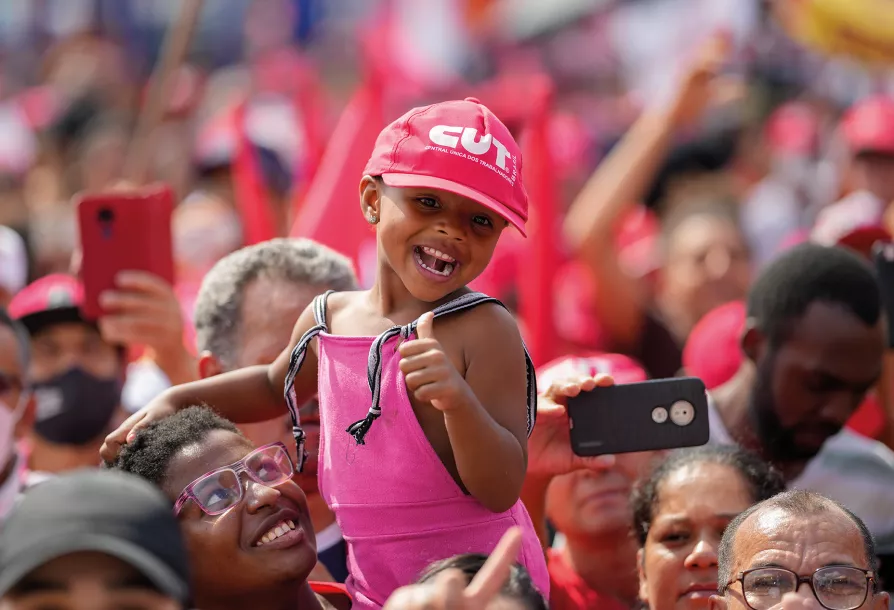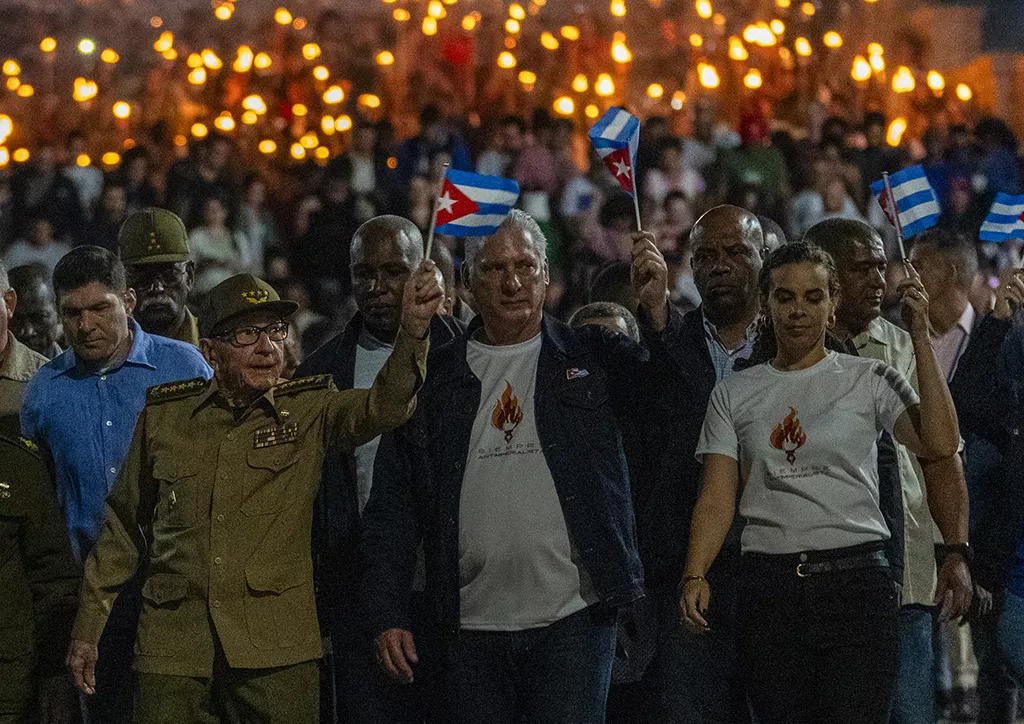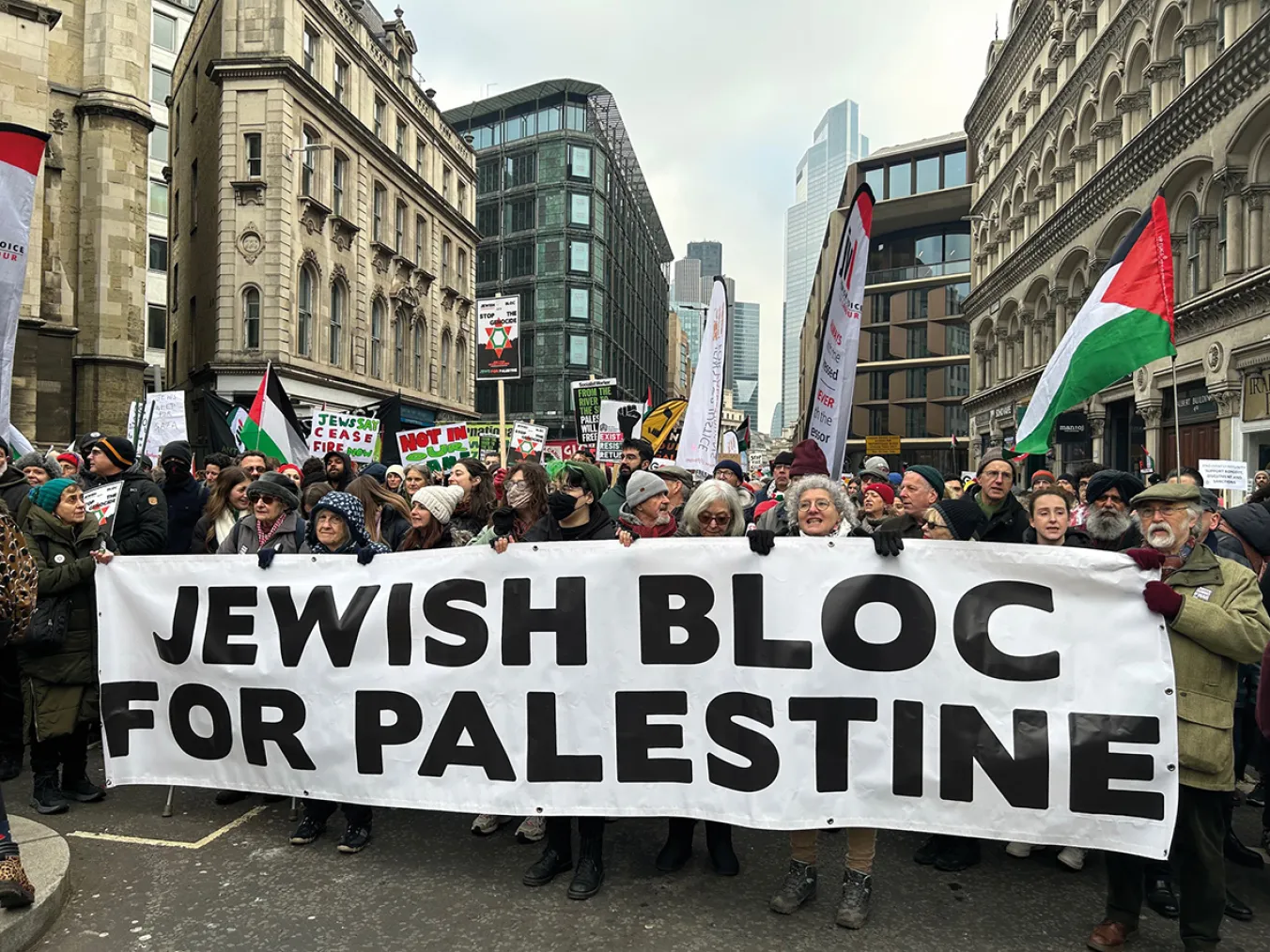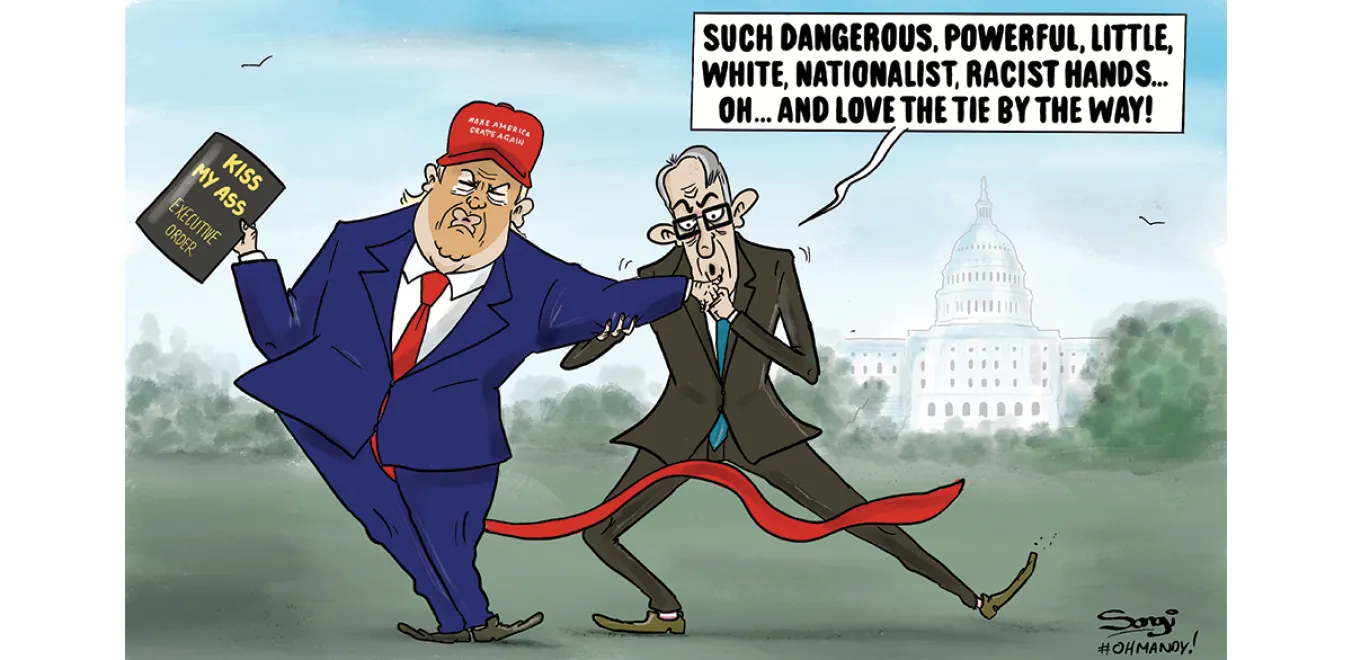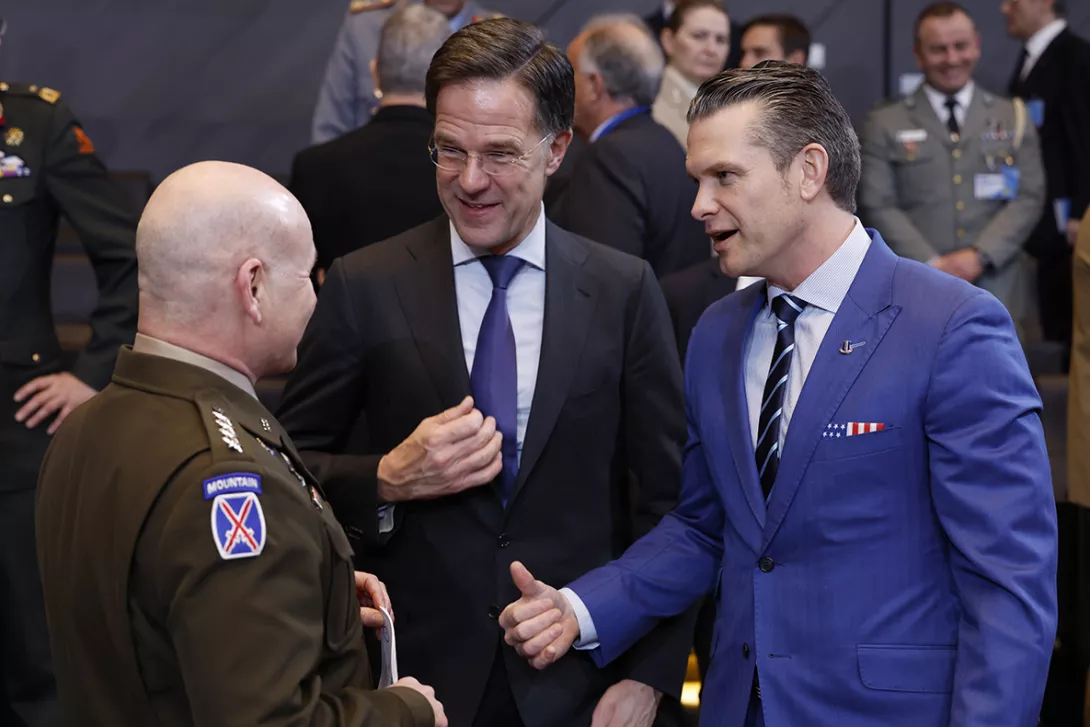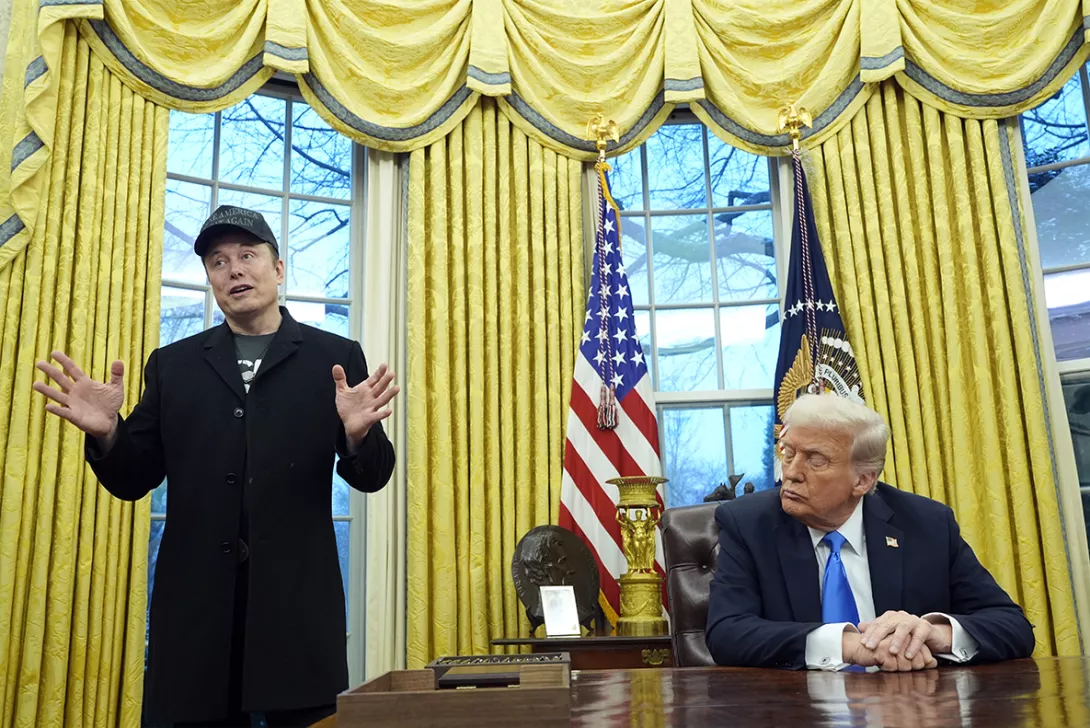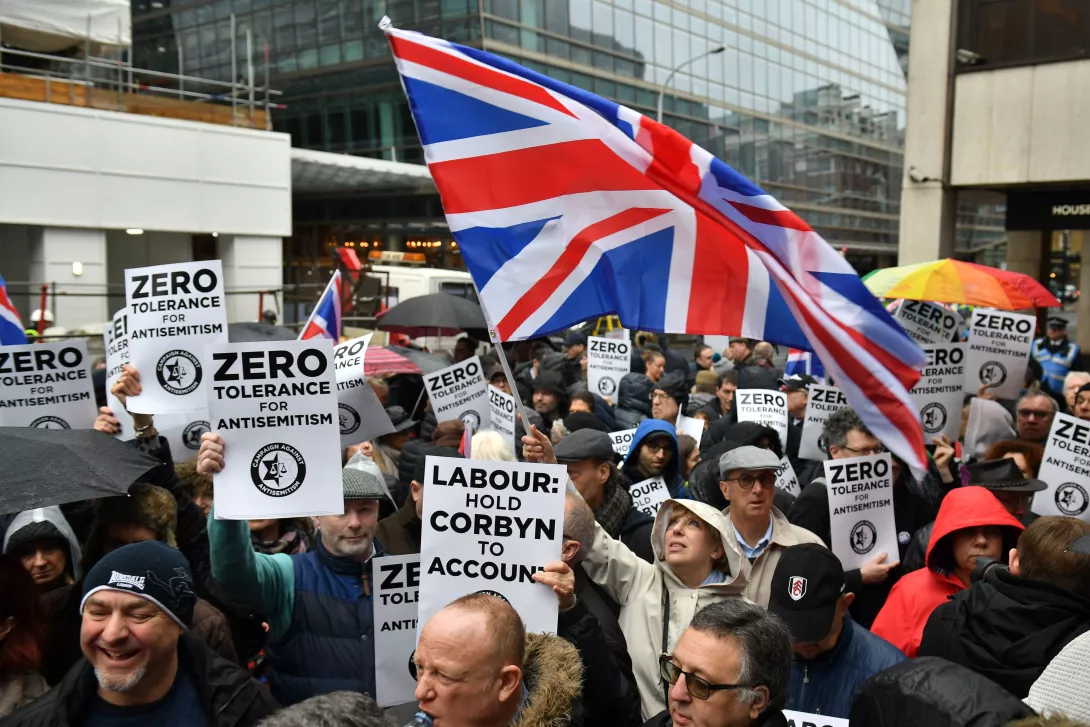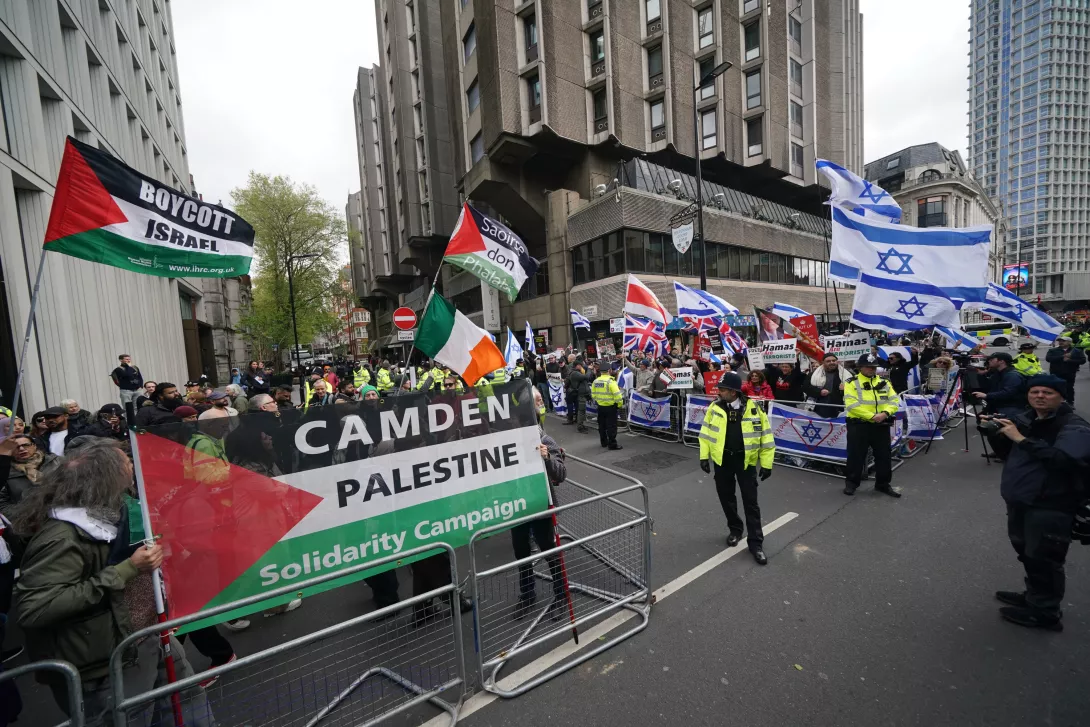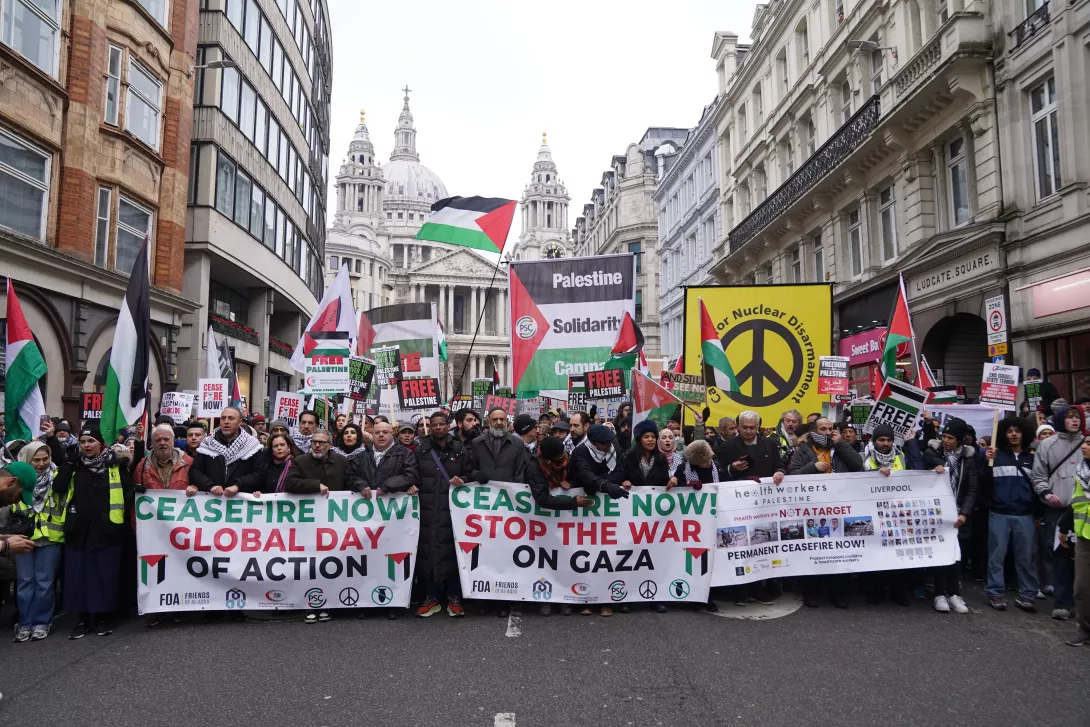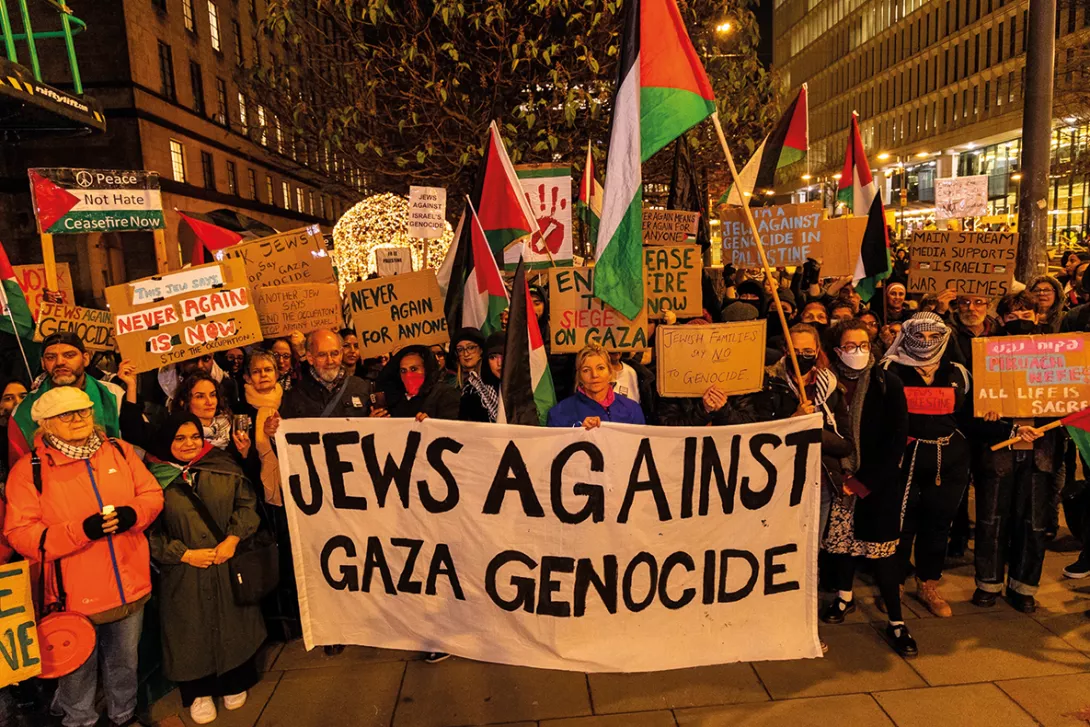
HANDING out leaflets is rarely a rewarding experience. People look past you, through you, up into space… and every so often someone accepts one and stuffs it in their pocket. But those of us in the small Jewish bloc on the demonstration for Palestine on October 14, a week after the Hamas attack on southern Israel, were astonished that people looked us in the eye, thanked us for our leaflets and read them.
As Jewish Socialists’ Group members with a long history of supporting the Palestinians, we were horrified at the attack by Hamas fighters on civilians in southern Israel on October 7. We were grief-stricken for the civilian victims and fearful for the Gazan people. We knew that Israel’s military response would be indiscriminate, disproportionate and motivated by revenge and racism against everyone in the Gaza Strip.
Just how disproportionate, we found out a day later, when Israeli Defence Minister Yoav Gallant announced that Israel would impose a total blockade of the Gaza Strip, cutting off electricity, food and fuel. He said: “We are fighting human animals and we are acting accordingly.”
